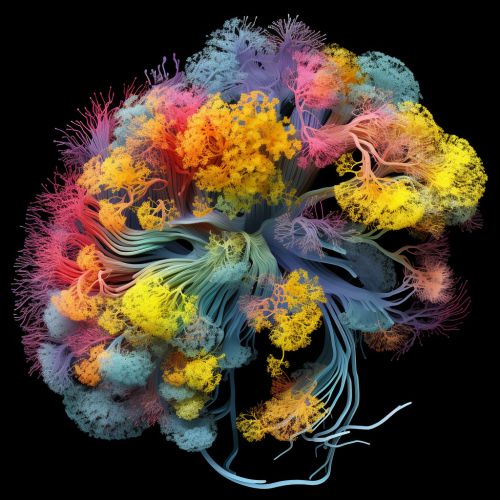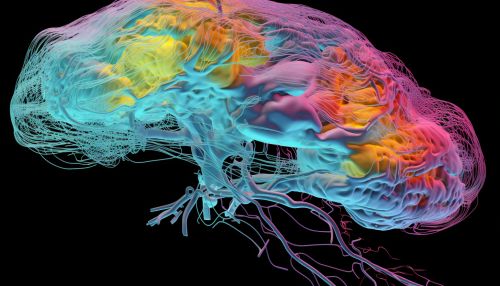The Science of Human Cognitive Disorders
Overview
Human cognitive disorders refer to a broad category of mental health conditions that primarily affect cognitive abilities including learning, memory, perception, and problem-solving. These disorders encompass a range of conditions, including dementia, Alzheimer's disease, and amnestic disorders, among others. They are characterized by significant impairment in cognitive functioning that is not due to normal aging or the direct physiological effects of a substance or general medical condition.


Classification of Cognitive Disorders
Cognitive disorders are typically classified into four main categories: Delirium, Dementia, Amnestic Disorders, and Other Cognitive Disorders. Each category has its unique characteristics, causes, and treatment options.
Delirium
Delirium is a rapidly developing, fluctuating disturbance in attention and cognition. It is often reversible and is usually caused by a medical condition, substance intoxication or withdrawal, or medication side effects.
Dementia
Dementia is a progressive cognitive disorder characterized by memory loss and at least one other cognitive deficit (such as aphasia, apraxia, agnosia, or executive functioning impairment) that significantly interferes with daily life. It is most commonly caused by Alzheimer's disease but can also be due to other medical conditions or diseases.
Amnestic Disorders
Amnestic disorders are characterized by an inability to learn new information or recall previously learned information. These disorders are usually caused by direct physiological effects of a substance or medical condition.
Other Cognitive Disorders
Other cognitive disorders include those not classified under the previous categories. They often involve cognitive impairments associated with medical conditions, substance use, or exposure to toxins.


Causes and Risk Factors
Cognitive disorders can be caused by a variety of factors, including neurological conditions, certain medical conditions, substance use, and environmental toxins. Risk factors for cognitive disorders include older age, family history of cognitive disorders, certain genetic mutations, and lifestyle factors such as smoking, excessive alcohol use, and lack of physical activity.
Diagnosis
Diagnosis of cognitive disorders involves a comprehensive evaluation, including a thorough medical history, physical examination, laboratory tests, and cognitive testing. Neuroimaging techniques such as MRI or CT scans may also be used to identify any structural brain abnormalities.


Treatment and Management
Treatment for cognitive disorders depends on the specific type of disorder and its cause. It may include medications, cognitive rehabilitation, behavioral strategies, and lifestyle modifications. In some cases, treating the underlying cause can reverse the cognitive impairment.
Prognosis
The prognosis for cognitive disorders varies widely depending on the specific disorder and individual factors. Some cognitive disorders, like delirium, may be reversible with treatment, while others, like Alzheimer's disease, are progressive and incurable.
Prevention
While not all cognitive disorders can be prevented, some lifestyle modifications can reduce the risk. These include regular physical activity, a healthy diet, mental stimulation, and avoiding smoking and excessive alcohol use.


